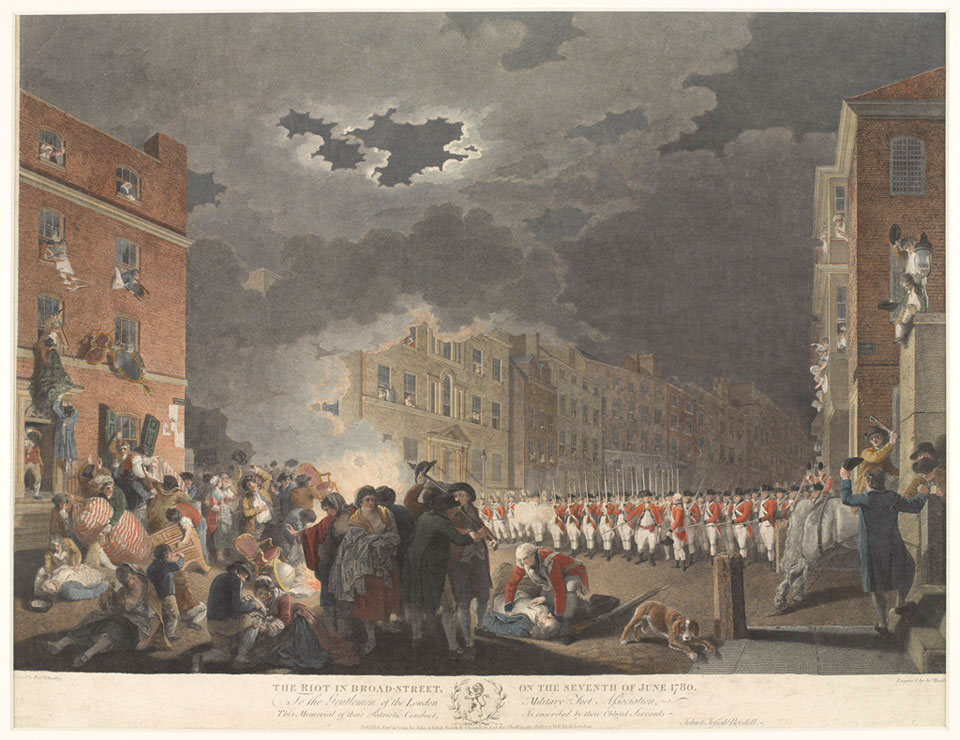Five Years Since Scott Walker’s Gone
By Ben Fulton
March 1, 2024

The march of great voices through time and fashion is arguably as revealing about our culture as what we consider great art and architecture. But while art and architecture are so often shared communally in museums and public places, an abiding passion for certain voices has the unique quality of being both public and, to an almost embarrassing degree in bedrooms and through headphones, private.
Taylor Swift and Beyoncé bestride our world as colossuses of popular culture, making our current era one dominated by female voices and personas. Magnificent as she was, even Aretha Franklin had to, on occasion, share the stage with singing talents such as Marvin Gaye and Smokey Robinson.
Scott Walker, born Scott Engel in Ohio in 1943 and later ensconcing himself in expat life in England, never reached the hit-parade charts in any lasting way. His personality was too reticent. His preferred Jacques Brel songbook, along with the many songs he also wrote, were too steeped in groomed melancholy. The orchestrated arrangements backing his songs were too impressive and imposing for parties and nightclubs. Scott Walker was a singer who, in the UK of the 1960s, found fame second only to the Beatles as the anchor voice of The Walker Brothers, but then veered into a series of solo albums that staked his claim as the voice of curated high romance and alienation. Famous crooners and lounge singers in the form of Tony Bennett and Frank Sinatra could be counted on to induce reminiscing smiles and cocktail toasts in their listening audience. Scott Walker used that same form—one imperial voice alone, emanating from one body paired with a microphone—but instead made listeners feel like sinking into one big brooding session. For those who like brooding, the immersive experience of his voice— so often called a “golden baritone”—was undeniably compelling.
For me, a longtime fan, news of his death in March 2019 was so quiet that, even in the age of the internet, it took months for word to spread. He penned so many eerie, sad, and wonderful songs that choosing just one is like limiting yourself to one Picasso, but “Plastic Palace People” probably stands as the quintessence of his style: languorous, arch, and poetic. It tells the story of a little boy trying to escape every aspect of his false, uncertain world by holding on to the string of an air balloon.
If you have never heard of Scott Walker before it is not because he died five years ago, but because he never effervesced enough for American audiences. We demand a good time. Before punk rock taught young audiences how to be dour and churlish The Beatles (e.g., “Helter Skelter”) and the Rolling Stones (e.g., “Paint it Black,” “Sympathy for the Devil”) were serving up preliminary lessons on how to be dark and moribund. That Scott Walker could be thoroughly dark and moribund with orchestral arrangements was too much too soon, but mostly he was too strange for his time. Soon after the year of his fourth solo album in a series—Scott 4, released in 1969—Walker retreated into more than a decade of dormancy before bothering to remind fans he still existed with his 1984 solo album Climate of Hunter, which flirted openly with the avant-garde. More than ten years later, after releasing the LP Tilt in 1995, his soundscape was even more disjointed and experimental.
The story of Scott Walker is the story not of making it big, but making it big the right way across an entire career, including even the long breaks in between. While alive he was legend to artists including Thom Yorke, Pulp’s Jarvis Cocker, and David Bowie, to whom he once issued a recorded birthday greeting. To the vast majority of music fans outside the UK Scott Walker was a virtual unknown. To spend time with Walker’s voice and sound is to spend time with an artistic ethos that never imposes unbridled emotion or the shock of something loud. To spend time with the music of Scott Walker is an experience so intimate that, when you listen to him, it is as if he and you are the only people with ears to hear, and one big lonely Earth to walk over.







